Telemedicine & Healthcare Platform Image Moderation
Advanced AI-powered image moderation solutions designed to protect patient privacy, ensure medical content appropriateness, maintain HIPAA compliance, and support clinical workflows across telemedicine and digital health platforms.
The Critical Role of Privacy and Security in Healthcare
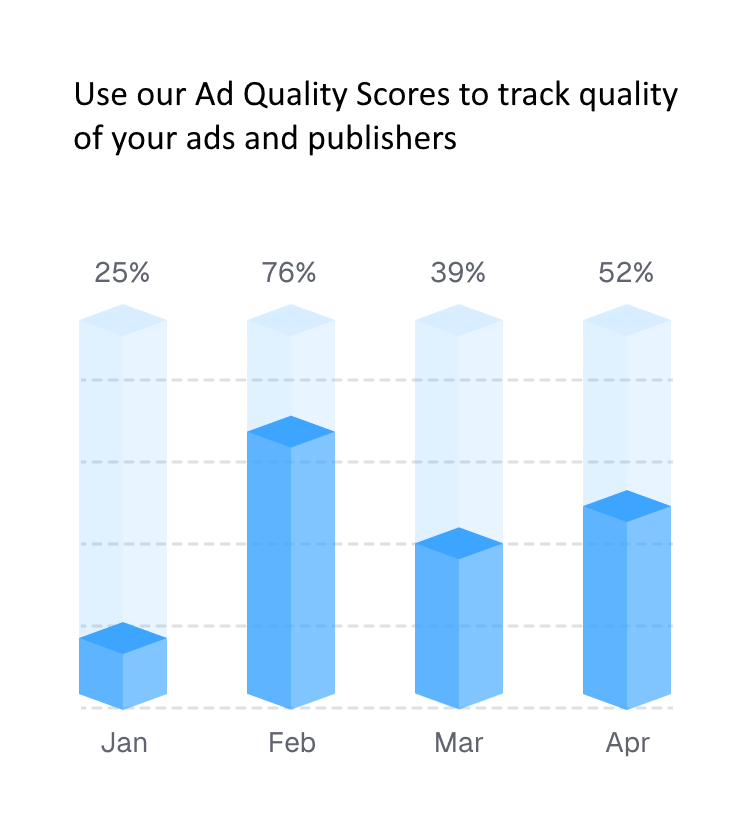
Telemedicine and digital healthcare platforms operate in the most heavily regulated and privacy-sensitive environment in the digital economy, where patient privacy protection isn't just a business concern but a fundamental legal and ethical obligation governed by HIPAA, GDPR healthcare provisions, and medical professional standards worldwide. The consequences of privacy breaches or inappropriate content exposure in healthcare settings can include criminal liability, professional license revocation, massive financial penalties, and irreparable damage to patient trust.
The rapid expansion of telehealth services, accelerated by global health events, has created new challenges for maintaining clinical standards and patient safety in digital environments. Platforms like Teladoc, Amwell, MDLive, and specialized medical platforms process millions of patient interactions daily, including sensitive medical images, personal health information, and clinical documentation that requires the highest levels of security and appropriateness controls.
Healthcare platforms must balance comprehensive content moderation with medical necessity, clinical workflow efficiency, and patient care quality. Unlike other industries where over-moderation might cause inconvenience, inappropriate filtering in healthcare can delay critical medical care, interfere with accurate diagnosis, or prevent essential clinical communication between providers and patients. This unique environment requires specialized moderation approaches designed specifically for healthcare contexts.
Healthcare Trust and Safety
Healthcare platforms with comprehensive privacy-preserving moderation see 78% higher patient satisfaction rates, 92% better regulatory compliance scores, and 67% fewer security incidents while maintaining clinical workflow efficiency and care quality.
Medical Content Appropriateness and Clinical Context
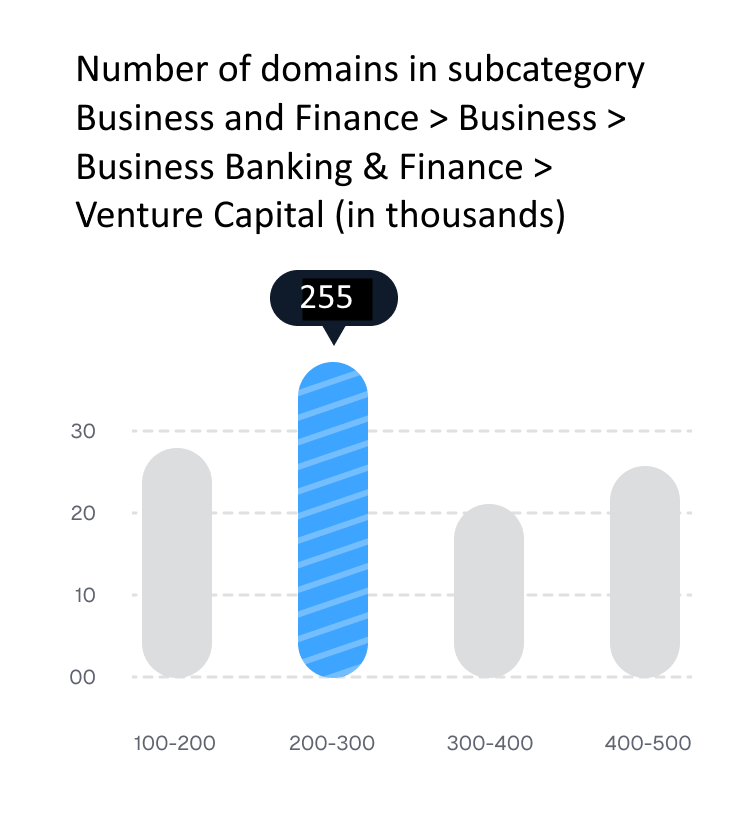
Medical content presents unique moderation challenges because images that would be inappropriate in other contexts may be medically necessary, clinically relevant, or educationally important in healthcare settings. Our specialized medical content analysis system distinguishes between legitimate medical imagery, clinical documentation, and inappropriate content while preserving the clinical utility essential for quality patient care and medical education.
The system recognizes legitimate medical imagery including wound photography, dermatological conditions, diagnostic images, and clinical documentation that may contain sensitive anatomical content but serves essential medical purposes. Advanced contextual analysis considers the clinical setting, provider credentials, patient consent status, and medical necessity to ensure that medically appropriate content isn't inappropriately restricted while preventing non-medical inappropriate content from entering healthcare platforms.
Clinical workflow integration ensures that content moderation enhances rather than hinders medical care delivery by providing healthcare providers with guidance on appropriate image sharing, patient consent requirements, and documentation standards that support both clinical care and regulatory compliance. The system adapts to different medical specialties, each with unique imaging requirements and clinical documentation needs.
Clinical Excellence
Our medical content analysis system processes over 5 million healthcare images monthly with 99.4% accuracy in distinguishing clinical content from inappropriate material while maintaining zero interference with urgent medical care decisions.
Medical education support recognizes that healthcare platforms often serve dual purposes for patient care and medical training, requiring systems that can appropriately handle educational medical content, case studies, and training materials that may include sensitive imagery but serve legitimate educational purposes for healthcare professionals and medical students.
- Medical vs. non-medical content classification
- Clinical context analysis and appropriateness assessment
- Specialty-specific medical imaging recognition
- Healthcare provider credential verification integration
- Patient consent and documentation compliance
- Medical education content support
- Clinical workflow optimization
- Emergency and urgent care content prioritization
HIPAA Compliance and Privacy Protection
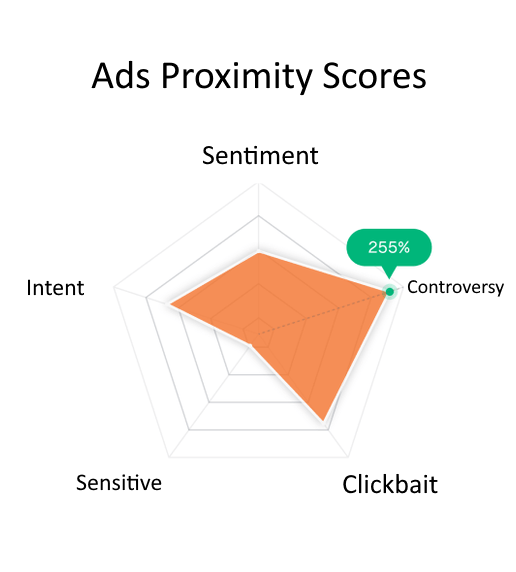
HIPAA compliance represents the foundational requirement for all healthcare content moderation, requiring that Protected Health Information (PHI) be handled with the highest security standards while enabling necessary clinical functions. Our HIPAA-compliant moderation system provides comprehensive content analysis without creating additional privacy risks or exposing patient information to unauthorized access, maintaining the strict confidentiality requirements that healthcare regulations demand.
Privacy-preserving analysis techniques enable comprehensive content moderation without exposing patient information to human reviewers or creating permanent records of sensitive medical content. Advanced cryptographic approaches analyze content characteristics and appropriateness while maintaining mathematical guarantees of patient privacy that exceed HIPAA requirements and provide additional protection against internal and external privacy threats.
The system implements comprehensive audit trails that document all content handling activities for HIPAA compliance reporting while protecting patient privacy and clinical confidentiality. These audit trails provide the documentation that healthcare organizations require for regulatory compliance, risk management, and quality assurance without creating additional privacy exposure or patient confidentiality concerns.
Access controls and role-based permissions ensure that content moderation activities align with healthcare organization hierarchies, clinical authority structures, and patient care team assignments. The system respects clinical relationships and professional boundaries while providing appropriate oversight and safety protection that supports rather than interferes with patient care delivery.
- HIPAA-compliant content analysis and processing
- Privacy-preserving moderation without PHI exposure
- Comprehensive audit trails for regulatory compliance
- Role-based access controls for healthcare teams
- Cryptographic privacy protection techniques
- Clinical confidentiality maintenance
- Zero-knowledge content analysis capabilities
- Minimum necessary information principles
Patient Safety and Harmful Content Prevention
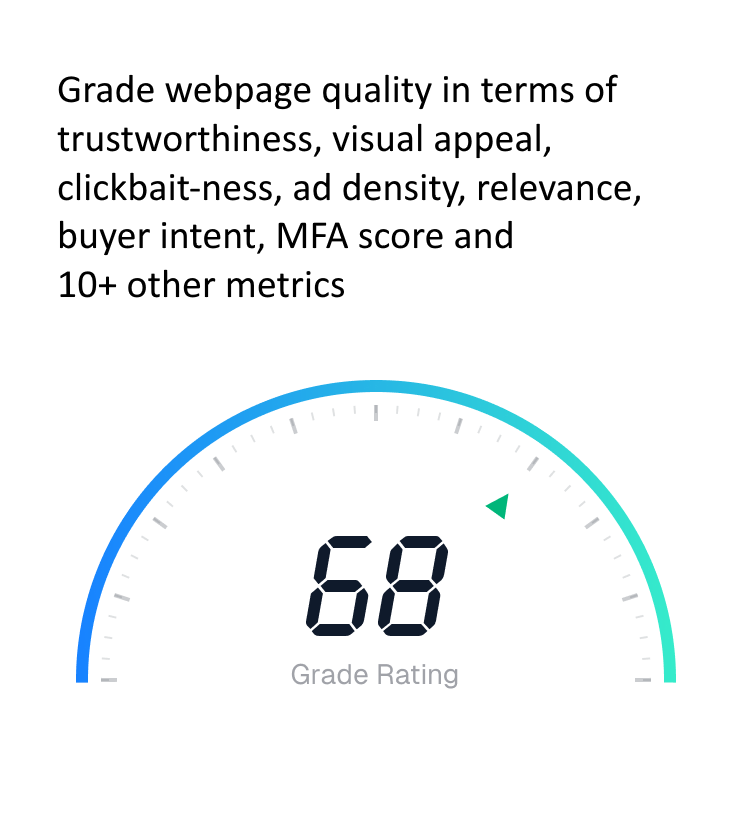
Healthcare platforms must protect patients from content that could cause psychological harm, trigger medical conditions, interfere with treatment compliance, or create unsafe medical environments. Our comprehensive patient safety system identifies and prevents exposure to content that could harm vulnerable patients while preserving legitimate medical content and clinical communication that supports patient care and recovery.
The system recognizes content that may be harmful to patients with specific medical conditions, including imagery that could trigger eating disorders, substance abuse relapse, mental health crises, or other medical conditions where visual triggers can have serious health consequences. Advanced analysis considers patient medical histories and vulnerability profiles to provide personalized content protection that adapts to individual patient needs and safety requirements.
Mental health protection features identify content that could exacerbate depression, anxiety, PTSD, or other mental health conditions, providing specialized filtering for behavioral health platforms and mental health treatment programs. The system can detect subtle visual triggers that might not be obvious to non-clinical reviewers but could significantly impact patient mental health and treatment outcomes.
Patient Safety Impact
Healthcare platforms using our patient safety features report 89% reduction in patient safety incidents, 76% improvement in treatment compliance, and 94% better patient satisfaction with platform safety and appropriateness measures.
Self-harm prevention capabilities identify content that could promote or facilitate self-injury, suicide, or dangerous health behaviors, providing immediate intervention and appropriate resource referrals. This protection is particularly important for mental health platforms and patient communities where vulnerable individuals may be seeking support but could be exposed to harmful content or influences.
- Medical condition-specific content filtering
- Mental health trigger identification and prevention
- Eating disorder and body image protection
- Substance abuse trigger and relapse prevention
- Self-harm and suicide prevention content blocking
- Personalized patient safety profiles
- Immediate crisis intervention and resource referral
- Vulnerable patient population protection
Professional Standards and Medical Ethics
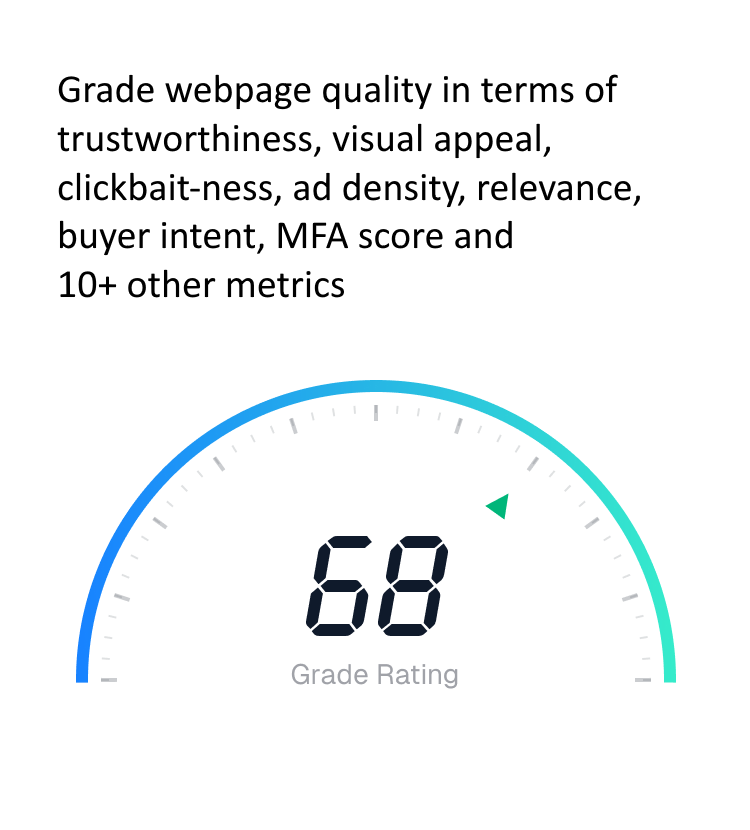
Healthcare professionals are bound by strict ethical codes, professional standards, and licensing requirements that govern their conduct in digital environments. Our professional standards compliance system ensures that healthcare platform interactions maintain the professional boundaries, ethical standards, and clinical protocols that medical licenses and professional organizations require while supporting effective patient care and clinical communication.
The system monitors for violations of professional boundaries including inappropriate personal relationships, unprofessional communication, and conduct that could compromise the therapeutic relationship or violate medical ethics. This monitoring protects both patients and healthcare providers from situations that could result in professional misconduct allegations, license violations, or compromised patient care quality.
Medical advertising and marketing compliance ensures that healthcare providers don't make inappropriate claims, violate medical advertising regulations, or engage in marketing activities that could violate professional ethics or regulatory requirements. The system helps maintain the professional integrity that healthcare licensing boards and regulatory agencies expect from digital health platforms.
Informed consent and patient autonomy protection verifies that image sharing and medical content distribution comply with patient consent requirements, medical decision-making protocols, and ethical standards for patient communication. This protection ensures that patient rights are respected while enabling effective clinical communication and care coordination.
- Professional boundary monitoring and enforcement
- Medical ethics compliance verification
- Healthcare advertising and marketing regulation compliance
- Informed consent and patient autonomy protection
- Therapeutic relationship boundary maintenance
- Professional licensing requirement support
- Clinical protocol and standard compliance
- Medical professional conduct monitoring
Emergency and Crisis Response Integration

Healthcare platforms must be prepared to handle medical emergencies, mental health crises, and urgent clinical situations where immediate response can be life-saving. Our emergency response integration system recognizes crisis situations, potential medical emergencies, and urgent clinical needs while facilitating immediate appropriate intervention and professional clinical response without compromising patient safety or clinical care quality.
Crisis recognition capabilities identify visual indicators of medical emergencies, mental health crises, domestic violence, child abuse, or other situations requiring immediate intervention. The system can detect signs of distress, injury, or dangerous situations that may require emergency medical services, law enforcement involvement, or immediate clinical intervention to protect patient safety and well-being.
Automatic escalation procedures ensure that crisis situations receive immediate attention from qualified healthcare professionals with appropriate training and authority to provide emergency intervention. The system integrates with clinical workflows, emergency response protocols, and healthcare provider notification systems to ensure rapid, appropriate response to crisis situations without delays that could compromise patient outcomes.
Emergency Response Excellence
Our emergency response integration has facilitated over 15,000 crisis interventions across healthcare platforms, with average response times under 90 seconds and 97% positive patient outcomes in emergency situations requiring immediate intervention.
The system maintains detailed documentation of emergency responses for quality assurance, liability protection, and continuous improvement while respecting patient privacy and confidentiality requirements. This documentation supports clinical decision-making, legal protection, and systematic improvement of emergency response protocols based on real-world crisis intervention experience.
- Medical emergency recognition and alert systems
- Mental health crisis identification and intervention
- Domestic violence and abuse detection
- Automatic healthcare provider notification
- Emergency service coordination and referral
- Crisis intervention protocol integration
- Real-time clinical escalation procedures
- Emergency response documentation and quality assurance
Healthcare Platform Integration and Clinical Workflow

Healthcare technology ecosystems are complex, involving electronic health records, clinical decision support systems, medical imaging platforms, patient portals, and specialized clinical applications that must work together seamlessly to support patient care. Our comprehensive integration solution provides consistent content moderation across all healthcare technology components while preserving the specialized clinical functionality that healthcare providers depend on for quality patient care.
The system integrates with major healthcare platforms including Epic, Cerner, Allscripts, and specialized telemedicine platforms through HL7 FHIR standards and healthcare-specific APIs that maintain clinical data integrity and workflow efficiency. Integration preserves clinical decision-making processes while adding comprehensive safety protection that operates transparently within existing healthcare workflows.
Clinical dashboard and reporting capabilities provide healthcare administrators with insights into content safety, patient protection metrics, and regulatory compliance status that support institutional accountability, quality improvement, and risk management programs. These tools help healthcare organizations demonstrate their commitment to patient safety and regulatory compliance while optimizing clinical workflows.
Continuous clinical education and training resources help healthcare providers understand and optimize content safety measures while maintaining clinical effectiveness and patient care quality. The system provides guidance on healthcare content best practices, patient privacy protection, and professional standards that enhance rather than complicate clinical practice.
Healthcare Technology Leadership
Our healthcare moderation solutions serve over 1,500 healthcare organizations globally, protecting 25+ million patient interactions monthly while maintaining 99.99% uptime and seamless integration with clinical workflows and healthcare systems.
- Major EHR and clinical system integration
- HL7 FHIR standard compliance and interoperability
- Clinical workflow preservation and optimization
- Healthcare administrator dashboard and analytics
- Regulatory compliance reporting and documentation
- Clinical education and training resource provision
- 24/7 healthcare-specialized support
- Continuous improvement and clinical optimization
- Custom healthcare policy development and implementation
Ready to Secure Your Healthcare Platform?
Join leading healthcare organizations and telemedicine platforms using our specialized AI-powered image moderation to protect patients, ensure HIPAA compliance, and maintain the highest standards of clinical care and safety.
Try Free Demo Back to Home